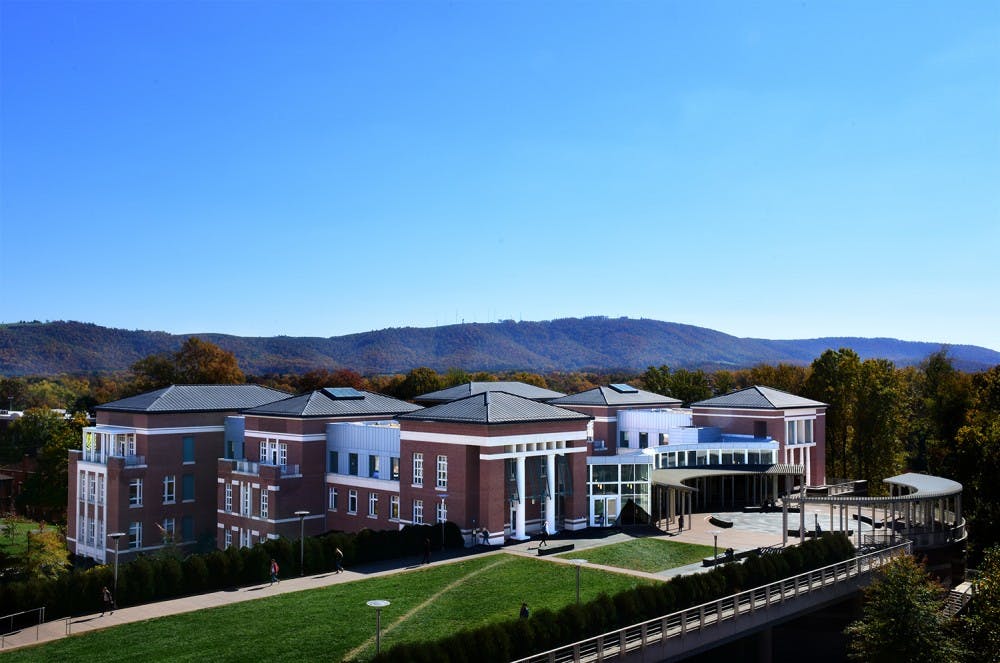Several selective majors within the College of Arts and Sciences had similar application and acceptance numbers this spring in comparison to previous years, according to admissions data obtained by The Cavalier Daily.
The Political Philosophy, Policy and Law program was the most competitive, accepting about a third of its applicants.
PPL, an interdisciplinary major in the College, received more than 70 applications, accepted around 23 applicants and waitlisted about six, PPL Director and Politics Prof. Colin Bird said.
“We aim to recruit about 25 students a year, and it’s been plus or minus in different years,” Bird said. “Over my time as director of PPL, I would say our average number of applicants is around 80.”
Global Studies, a four-concentration interdisciplinary major in the College, received a total of 307 applications. Ninety-four people applied to Global Development Studies, 103 to Global Public Health, 62 to Security and Justice and 48 to Environments and Sustainability, Anthropology Prof. and Global Studies Director Richard Handler said in an email to The Cavalier Daily.
Handler said he could not yet provide the number of acceptances, but he said the number of acceptances is similar to 2016, in which 332 applications yielded 143 acceptances.
Political and Social Thought, an interdisciplinary major in the College, received 52 applications and admitted 23 students, Politics Prof. Michael Smith, the director of PST, said in an email statement. Smith said there has been a “slight upward trend” in applicant numbers since 2012.
“We have no plans for expansion, though the pool of qualified applicants regularly exceeds our capabilities,” Smith said. “As one committee member this year put it — we could probably fill two classes of 20 with well-qualified students.”
The Politics Honors Program admitted seven applicants out of a pool of 13, program director and Politics Prof. Gerard Alexander said. One additional student was an alternate.
“Even though the number of applications was about half of what we’re used to, it still contained a number of very strong students, enough to [create] a very strong class,” Alexander said. “So I’m not sure what happened there.”
Alexander said part of the reason that Politics Honors is kept so small is because it allows for plenty of student interaction.
“In a two and a half hour seminar, six or seven students get to really have an active conversation with each other and with a faculty member, in a way that gets a lot harder even when a seminar might be only 15,” Alexander said. “Secondly, that small number of students permits a ton of faculty feedback, a lot of writing and a lot of feedback on the writing. You’ll have assignments due every week or virtually every week, and you’ll get substantial feedback every single week.”
Alexander said because the program tends to attract students with GPAs of 3.7 and higher, some students assume they would not be strong enough candidates.
“Periodically I find myself encouraging students who might not have that high of a GPA to apply, but they sometimes don’t,” Alexander said. “They don’t talk to me about it. I don’t even know who they are. There’s a lot of self-selection that goes into it.”
Bird expressed a similar sentiment about applicants to PPL.
Bird said he believes the average GPA of students is increasing, which could be affecting the number of applicants.
“If the numbers [of applicants] go down, it’s hard to know whether that’s because the thing is less popular, or whether it’s because more students are saying, ‘well, there’s no point because I’m not going to be competitive,’” Bird said. “It’s difficult to judge that.”







